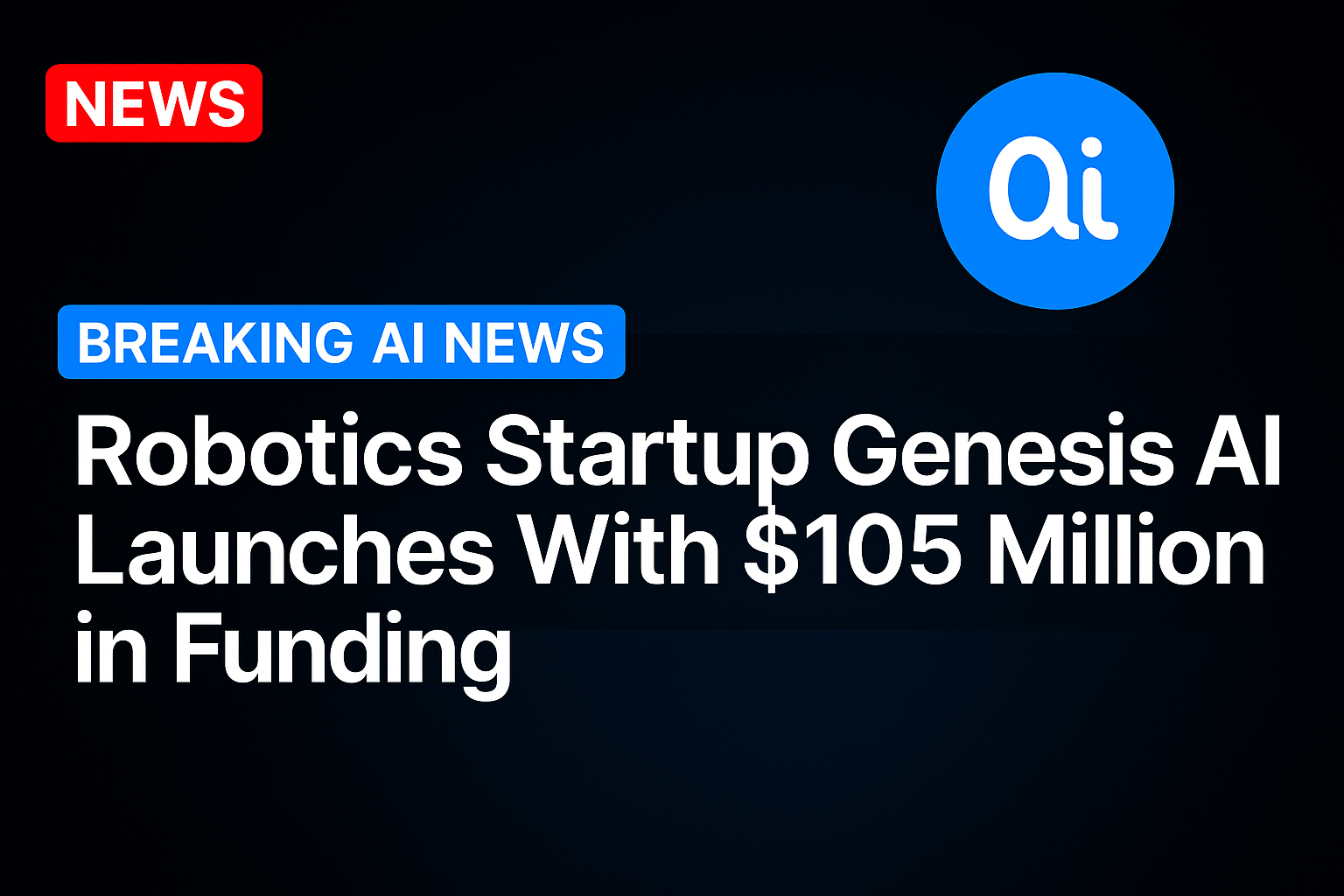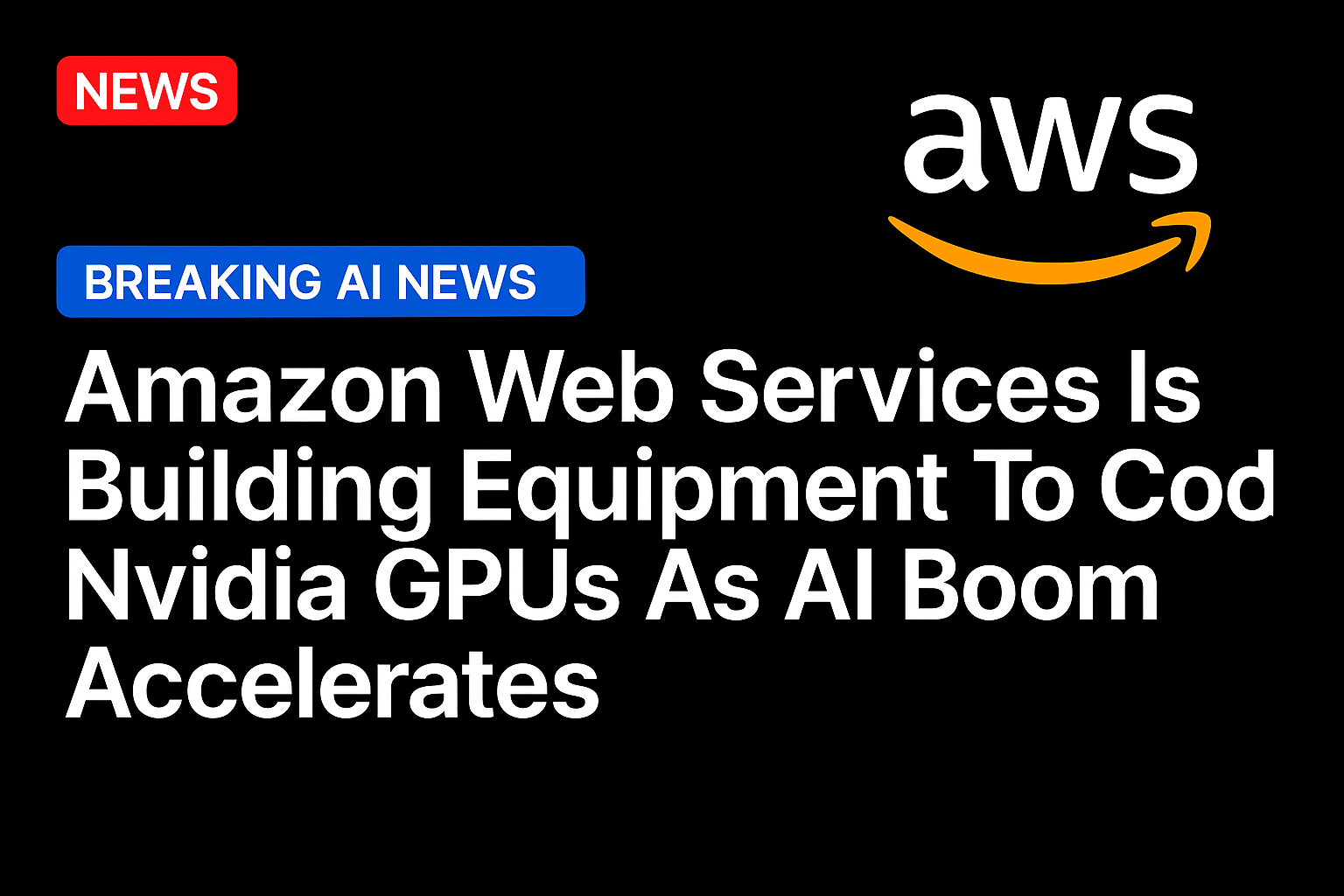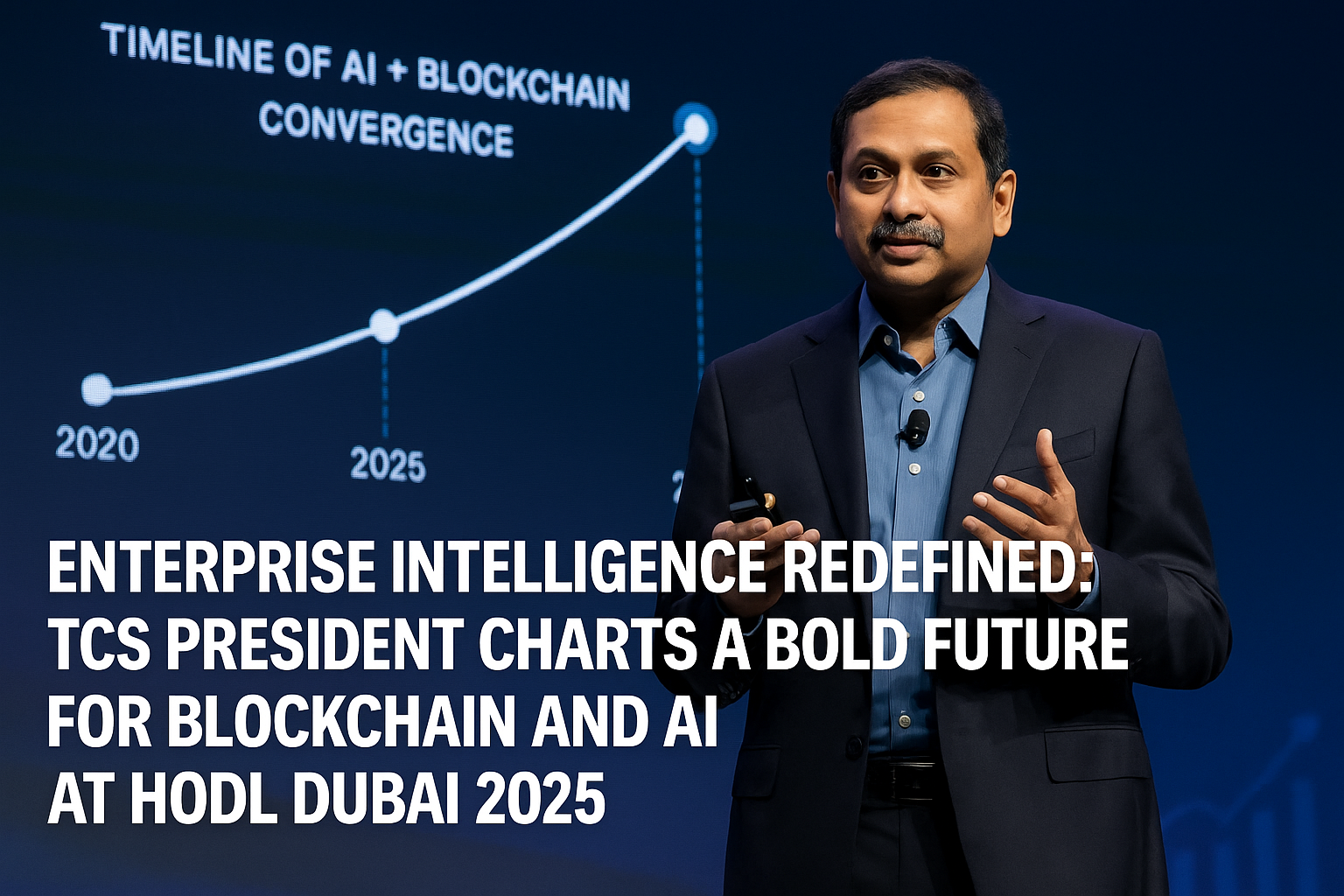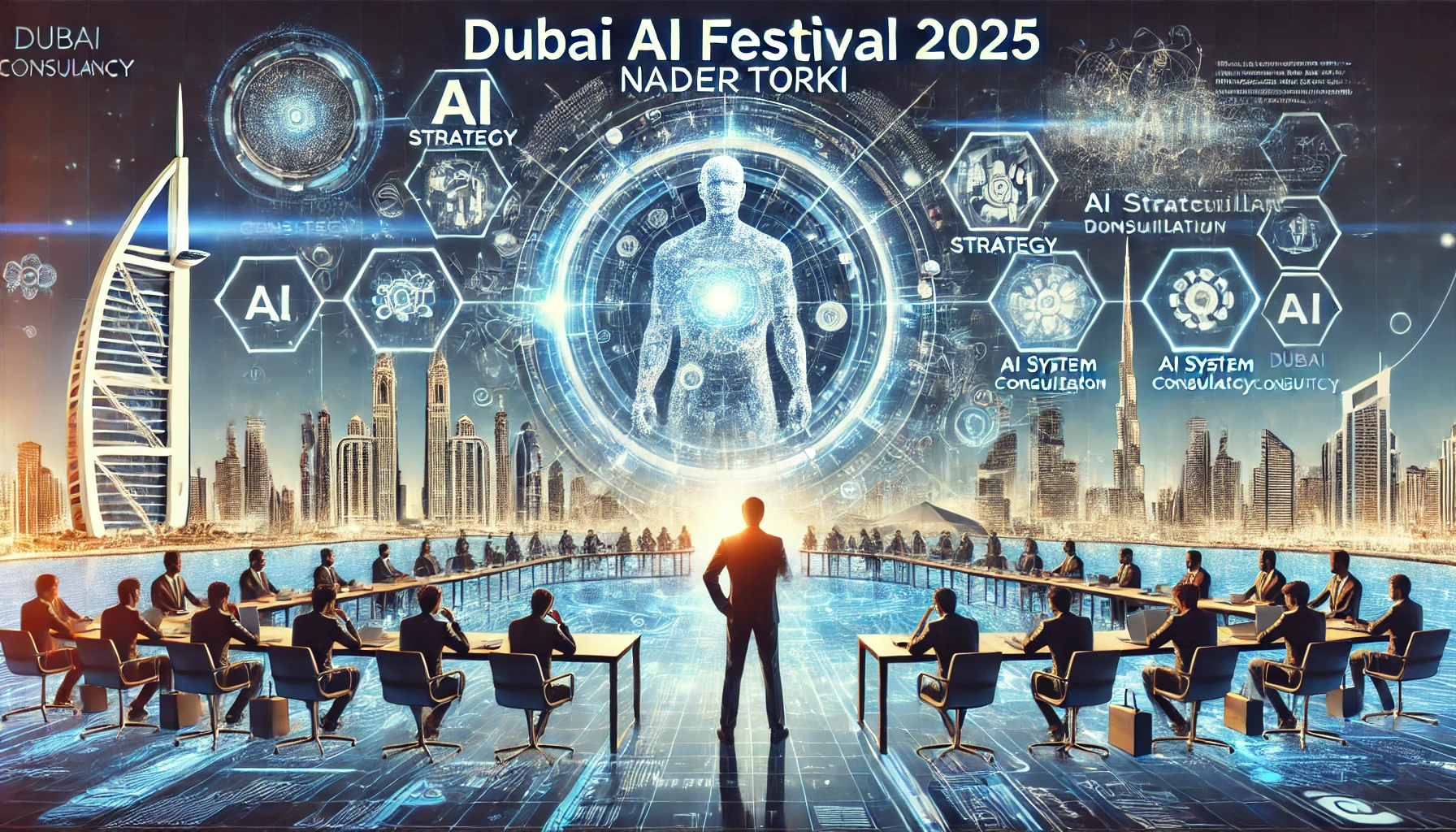Robotics startup Genesis AI emerged from stealth with $105 million in seed funding.
Genesis AI aims to create a general-purpose artificial intelligence model that will allow robots to automate a range of repetitive tasks, TechCrunch reported Tuesday (July 1). The company’s funding round was co-led by Eclipse and Khosla Ventures.
While large language models are trained on vast datasets of text, AI models for robotics need to be trained using data about the physical world, the report said. However, acquiring that real-world data is time-consuming and expensive, leading Genesis to rely on synthetic data, which it creates with a physics engine it said can model the physical world.
Genesis said its proprietary simulation engine lets it build models faster, giving it an edge over rivals who rely on Nvidia’s software, according to the report.
“It’s a big unknown: Will anybody have a large robotics foundation model that will generalize across tasks?” said Kanu Gulati, a partner at Khosla Ventures, per the report. “That’s a bet we want to go after.”
“Of all the teams we have seen, we like [Genesis’] approach for going after robotics foundation models,” she added, according to the report.
In other robotics news, Amazon now has more than 1 million robots working in its warehouses and will soon have as many robots as humans in these facilities.
In May, Amazon unveiled Vulcan, a robot designed with a sense of touch that allows it to pick up products from shelves. The company has also been trying to integrate its robots into its fulfillment operations, so machines can work together and with humans.
Meanwhile, PYMNTS earlier this year examined the challenges in introducing humanoid robots in a conversation with Jenny Shern, general manager at robot builder NexCOBOT.
“Traditional industrial robotic arms with vision systems primarily rely on preprogrammed instructions to execute tasks,” Shern said. “This works well in factory environments where applications are repetitive and goal-oriented.”
However, “implementing humanoid robots into household settings is a more complex advancement because, unlike factories, household environments are highly dynamic, and tasks will vary significantly from one home to another,” she added.
Source: https://www.pymnts.com/





